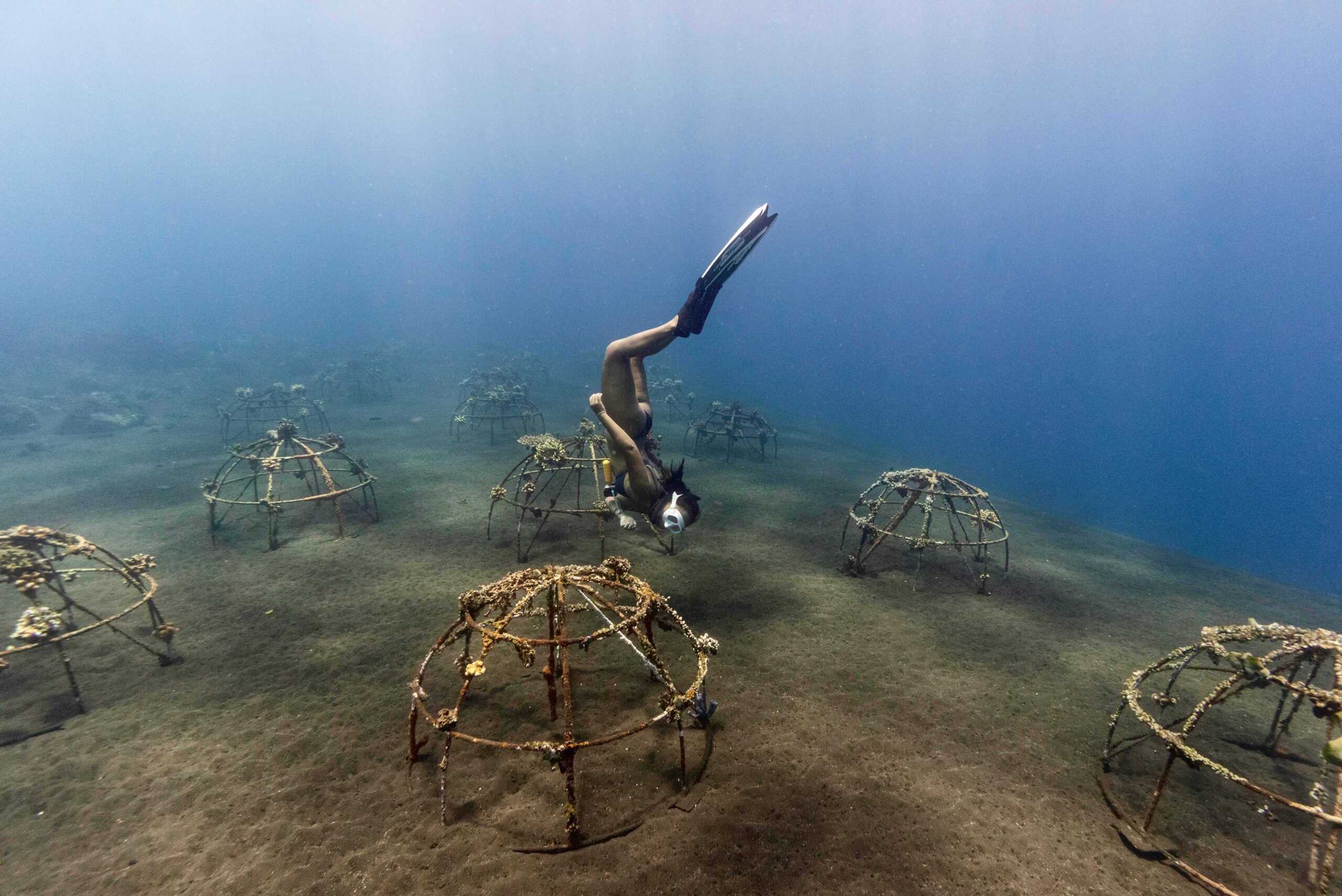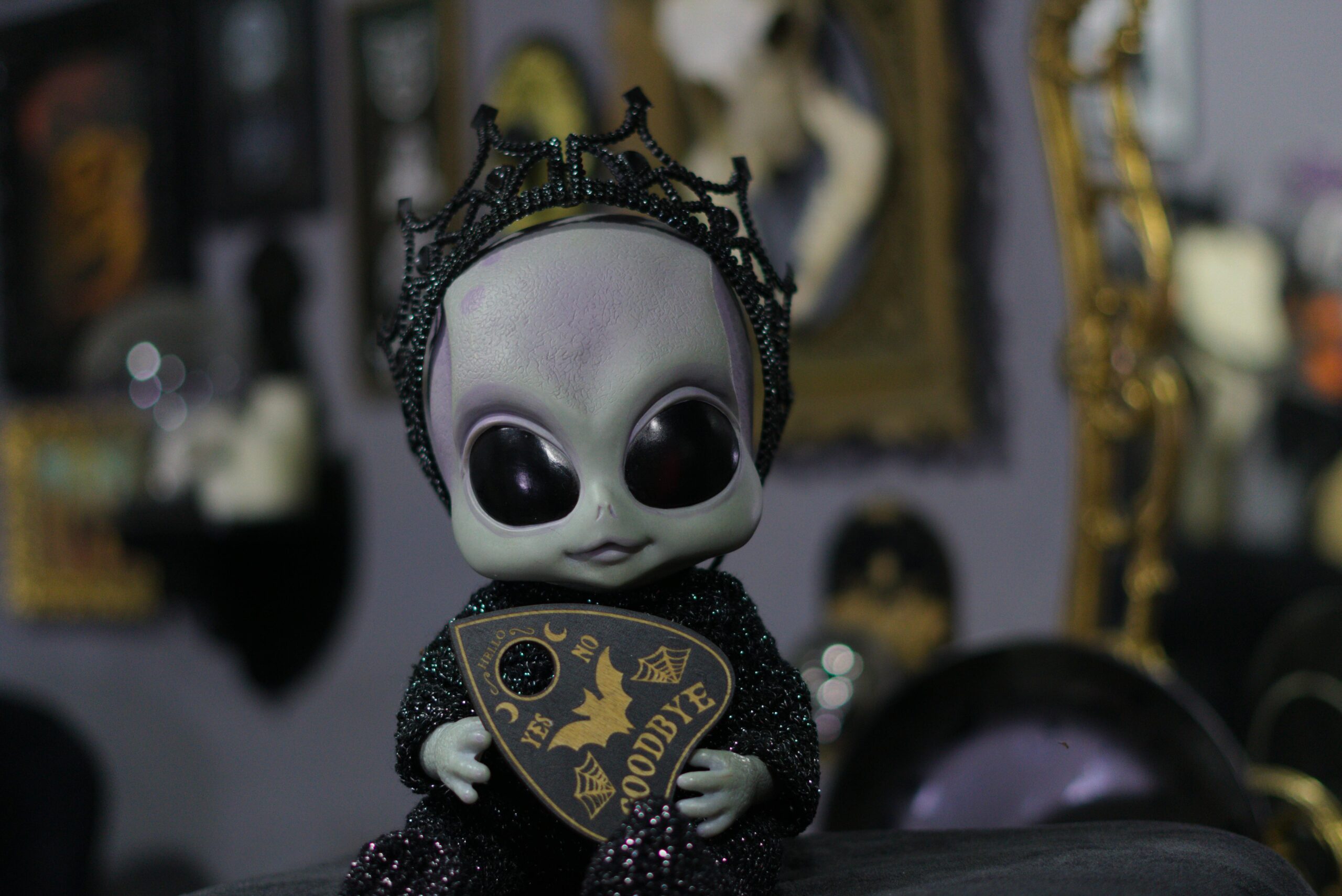Quantum biology and space exploration are converging to reveal unprecedented insights into life’s fundamental mechanisms, opening doors to extraordinary possibilities beyond Earth’s atmosphere.
🌌 The Quantum Leap Beyond Earth’s Boundaries
The intersection of quantum mechanics and biological systems has long fascinated scientists, but only recently have researchers begun to explore how these delicate quantum processes might behave in the extreme conditions of space. This emerging field represents a paradigm shift in our understanding of both life and the cosmos, challenging conventional wisdom about where and how biological systems can function.
Space environments offer unique conditions that are impossible to replicate on Earth for extended periods. Microgravity, cosmic radiation, extreme temperature variations, and the absence of atmospheric pressure create a laboratory unlike any other. These conditions provide researchers with unprecedented opportunities to observe quantum biological phenomena without the interference of Earth’s gravitational field and magnetic influences.
The potential implications extend far beyond academic curiosity. Understanding how quantum biological processes operate in space could revolutionize everything from long-duration space missions to the search for extraterrestrial life, and even lead to breakthrough medical treatments here on Earth.
Quantum Coherence in Microgravity Environments
Quantum coherence, the phenomenon where particles exist in multiple states simultaneously, plays a crucial role in numerous biological processes. On Earth, these quantum states are typically short-lived, collapsing almost instantly due to environmental interference. However, the unique conditions of space may actually extend quantum coherence times, allowing researchers to observe and manipulate these processes with unprecedented clarity.
Recent experiments conducted aboard the International Space Station have demonstrated that certain quantum effects in biological molecules persist longer in microgravity than they do on Earth. This extended coherence time could have profound implications for understanding how nature harnesses quantum mechanics for biological advantage.
Photosynthesis, one of the most well-studied quantum biological processes, operates through quantum coherence to achieve near-perfect energy transfer efficiency. In space environments, researchers have observed that plant cells can maintain these quantum states for measurably longer periods, potentially leading to more efficient energy conversion systems for spacecraft and space habitats.
Magnetic Field Sensitivity and Navigation
Many organisms on Earth utilize quantum processes for magnetic field detection, enabling navigation across vast distances. Birds, sea turtles, and even some bacteria possess this remarkable ability through a process called radical pair mechanism, which relies on quantum entanglement.
In space, where magnetic fields differ dramatically from Earth’s protective magnetosphere, studying these quantum navigation systems takes on new significance. Understanding how organisms might adapt their quantum-based sensory systems to different magnetic environments could inform the development of biological sensors for spacecraft and help predict how life might evolve on other planets with varying magnetic field strengths.
🧬 DNA Repair Mechanisms Under Cosmic Radiation
Perhaps one of the most critical aspects of quantum biology in space relates to DNA repair mechanisms. Cosmic radiation poses a significant threat to biological systems, causing damage at the molecular level. However, cells employ quantum tunneling processes to repair DNA damage with remarkable efficiency.
Quantum tunneling allows particles to pass through energy barriers that would be insurmountable according to classical physics. In DNA repair, enzymes use this quantum phenomenon to scan and locate damage sites far more efficiently than would be possible through random diffusion alone.
Research conducted in space environments has revealed that certain DNA repair mechanisms may actually function more effectively in microgravity conditions. The absence of gravitational stress on cellular structures appears to facilitate quantum tunneling processes, potentially offering insights into developing more robust repair mechanisms for protecting astronauts on long-duration missions.
Radiation Resistance Through Quantum Protection
Some organisms, known as extremophiles, demonstrate extraordinary resistance to radiation through quantum biological mechanisms. Deinococcus radiodurans, for example, can withstand radiation doses thousands of times higher than what would kill a human, partly through quantum-enhanced DNA repair processes.
Studying these organisms in space environments helps researchers understand the limits of biological radiation resistance and could lead to the development of quantum-inspired protective technologies. These insights are crucial for ensuring the safety of astronauts on missions to Mars and beyond, where exposure to cosmic radiation is significantly higher than in low Earth orbit.
Enzyme Catalysis and Metabolic Efficiency in Space
Enzymes, the biological catalysts that make life possible, rely heavily on quantum mechanical processes to achieve their remarkable efficiency. Quantum tunneling allows enzymes to facilitate chemical reactions at rates that would be impossible through classical means alone.
In the unique environment of space, enzyme behavior may differ significantly from terrestrial conditions. Preliminary studies suggest that certain enzymatic reactions proceed more efficiently in microgravity, possibly due to reduced thermal noise and enhanced quantum coherence. This discovery could revolutionize how we approach food production, pharmaceutical manufacturing, and life support systems for space missions.
The metabolic efficiency gains observed in space-based enzyme studies also have profound implications for understanding the minimum energy requirements for life. This knowledge is essential for identifying biosignatures in the search for life on other planets and moons within our solar system and beyond.
🚀 Quantum Entanglement in Biological Communication Systems
One of the most intriguing aspects of quantum biology involves the potential role of quantum entanglement in biological systems. While controversial, some researchers propose that entanglement may play a role in cellular communication, consciousness, and even the sense of smell.
Space provides an ideal environment to test these theories. The isolation from Earth’s electromagnetic interference and the reduced thermal fluctuations in controlled spacecraft environments allow for more sensitive measurements of potential quantum entanglement in biological systems.
Recent experiments have explored whether quantum entanglement might enhance communication between cells or even between organisms in space colonies. While definitive proof remains elusive, the preliminary results are intriguing enough to warrant continued investigation.
Neural Processes and Quantum Cognition
The human brain represents perhaps the most complex quantum biological system. Some theories suggest that quantum processes, particularly quantum superposition and entanglement, may play crucial roles in neural processing and consciousness.
Astronauts spending extended periods in space report various cognitive changes, some of which might relate to altered quantum processes in neural tissues. Understanding these effects could lead to breakthroughs in treating neurological conditions and enhancing cognitive performance both in space and on Earth.
Photosynthetic Organisms and Quantum Energy Harvesting
Photosynthetic organisms have mastered quantum energy harvesting through billions of years of evolution. The process relies on quantum coherence to transport energy from light-capturing molecules to reaction centers with nearly 100% efficiency.
In space environments, where sunlight is unfiltered by Earth’s atmosphere, photosynthetic organisms experience different light conditions. Studies of algae and cyanobacteria aboard space stations have revealed fascinating adaptations in their quantum energy harvesting systems.
These space-adapted photosynthetic mechanisms could inspire the next generation of solar energy technologies. By mimicking the quantum processes that space-dwelling organisms develop, engineers might create more efficient solar panels and energy storage systems for both space applications and terrestrial use.
🔬 Experimental Platforms and Research Opportunities
The International Space Station serves as humanity’s primary orbital laboratory for quantum biology research. Specialized equipment allows scientists to conduct experiments that would be impossible on Earth, including long-duration studies of quantum coherence in biological systems.
Future platforms, including lunar bases and Mars colonies, will expand these capabilities dramatically. The Moon’s surface offers a stable platform with one-sixth Earth’s gravity, while Mars provides a different set of environmental conditions that could reveal new aspects of quantum biological phenomena.
Commercial space stations currently in development will democratize access to space-based research, allowing more institutions and researchers to contribute to the growing field of quantum biology in space. This increased access promises to accelerate discoveries and applications.
Technological Requirements and Innovations
Studying quantum biology in space requires sophisticated instrumentation capable of detecting and measuring delicate quantum phenomena. Recent advances in quantum sensors, atomic force microscopy, and spectroscopy have made these measurements increasingly feasible in space environments.
Key technological developments include:
- Ultra-cold atom interferometers for measuring quantum coherence with unprecedented precision
- Radiation-hardened quantum sensors that can operate reliably in high-radiation environments
- Advanced imaging systems capable of visualizing quantum processes in living cells in real-time
- Miniaturized laboratory equipment designed specifically for microgravity conditions
- Artificial intelligence systems for analyzing complex quantum biological data
Implications for Astrobiology and the Search for Life
Understanding quantum biology in space environments fundamentally changes how we search for life beyond Earth. If quantum processes provide advantages in extreme environments, life elsewhere might rely even more heavily on quantum mechanisms than terrestrial organisms do.
This perspective influences how we design missions to potentially habitable worlds like Europa, Enceladus, and exoplanets in distant star systems. Rather than simply looking for chemical signatures of life, we might need to search for quantum signatures as well.
The possibility that quantum biological processes might be universal, or at least common, across different forms of life suggests that quantum mechanics isn’t just a tool life uses on Earth, but potentially a fundamental requirement for life anywhere in the universe.
⚕️ Medical Applications and Human Health in Space
Quantum biological research in space has immediate practical applications for protecting astronaut health. Understanding how quantum processes in human cells respond to space conditions helps develop better countermeasures for radiation exposure, bone density loss, and immune system changes.
The enhanced DNA repair mechanisms observed in some cells exposed to space conditions could lead to new cancer therapies. Pharmaceutical companies are already exploring how to harness these quantum biological insights for developing more effective treatments.
Additionally, quantum biology research in space may explain some of the mysterious health benefits reported by astronauts, such as enhanced immune responses upon return to Earth. These findings could translate into preventive medicine strategies and longevity interventions for the general population.
Future Horizons and Emerging Research Directions
The field of quantum biology in space is still in its infancy, with vast territories remaining unexplored. Future research directions include investigating quantum processes in synthetic biology systems designed specifically for space environments, exploring whether quantum computing principles can be applied to biological information processing, and determining if quantum effects scale up to influence ecosystem-level processes in closed-loop life support systems.
As humanity establishes permanent presence beyond Earth, understanding quantum biology in space will become increasingly critical. The knowledge gained will inform everything from habitat design to food production systems, ensuring that human civilization can thrive across the solar system and eventually beyond.
Collaborative efforts between quantum physicists, biologists, and space scientists are essential for advancing this interdisciplinary field. International cooperation and data sharing will accelerate progress, benefiting all of humanity regardless of which nations lead specific research initiatives.

🌟 Transforming Our Understanding of Life Itself
Quantum biology in space represents more than just another scientific discipline; it fundamentally challenges our conception of what life is and what it can become. By studying biological systems freed from Earth’s constraints, we gain insights into the essential characteristics that define living systems versus the accidents of terrestrial evolution.
This research reveals that life operates at the boundary between classical and quantum realms, exploiting quantum phenomena while maintaining the stability necessary for complex organization. Space environments help illuminate this delicate balance, showing us both the flexibility and the constraints of biological systems.
The discoveries emerging from quantum biology research in space will shape humanity’s future among the stars, while simultaneously deepening our appreciation for the quantum nature of life on Earth. As we continue exploring this frontier, we’re not just learning about biology or physics in isolation, but discovering fundamental truths about the nature of existence itself.
The potential unleashed by quantum biology in space environments extends beyond any single application or discovery. It represents a new way of understanding our place in the cosmos and our ability to adapt, survive, and thrive in environments radically different from the one that gave birth to our species. This knowledge will prove invaluable as humanity takes its next giant leap into the vastness of space.
Toni Santos is an exoplanet-researcher and space-ecology writer exploring how alien biosphere models, astrobiology frontiers and planetary habitability studies redefine life beyond Earth. Through his work on space sustainability, planetary systems and cosmic ecology, Toni examines how living systems might emerge, adapt and thrive in the wider universe. Passionate about discovery, systems-design and planetary life, Toni focuses on how ecology, biology and cosmology converge in the exoplanetary context. His work highlights the frontier of life’s possibility — guiding readers toward the vision of ecosystem beyond Earth, connection across worlds, and evolution of consciousness in cosmic habitat. Blending astrobiology, ecology and system theory, Toni writes about the future of living worlds — helping readers imagine how life, planet and purpose might converge beyond our Earth. His work is a tribute to: The exploration of life in exoplanetary systems and the unknown biospheres The vision of space habitability, sustainability and planetary design The inspiration of universal ecology, cosmic connection and evolutionary potential Whether you are a scientist, dreamer or world-builder, Toni Santos invites you to explore the exoplanetary frontier — one world, one biosphere, one insight at a time.




